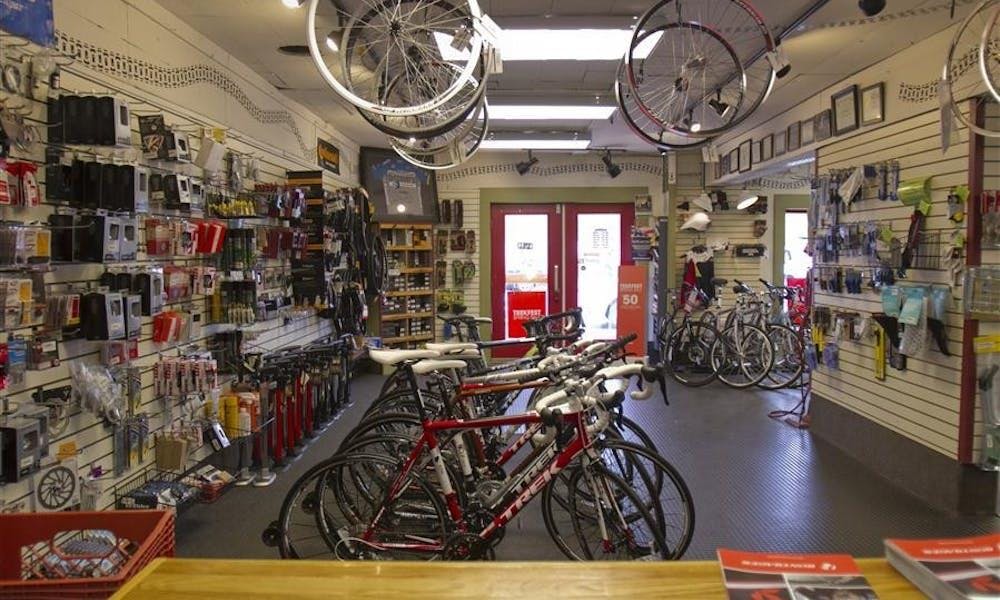The City of Bloomington announced Nov. 9 it will start a new voucher program for residents looking to purchase E-bikes. All residents will be eligible for $500 vouchers on E-bike purchases in Bloomington bike stores, and low-income residents who show proof of income can qualify for $1,000 vouchers.
The application for the voucher opened at midnight Nov. 10, with a deadline Nov. 30.
The popularity of E-bikes has exploded in recent years, largely due to their versatility and ease-of-use. They work the same as traditional bikes but are assisted by an internal battery-supplied motor, allowing for longer trips and less physical exertion than normal bikes.
To qualify for the voucher, applicants must live within Bloomington city limits, be registered in both the GoBloomington and Zero in Bloomington programs and submit a W-9 form after the initial application is completed and eligibility is verified.
In order to be eligible for the $1,000 low-income voucher, applicants must have a household income of less than 80% of the local area median income or less, or 60% of the state median income or less. For example, a 2-person household would be considered “low-income” on an income of $48,850 or below.
These applicants will also need to sign a self-attestation form and demonstrate proof of enrollment in either the Bloomington Housing Authority’s Rental Assistance Demonstration Program, Supplemental Nutrition Assistance Program, Low-Income Home Energy Assistance Program or Bloomington’s Workforce Rental Housing Program.
For its pilot year, only 15 vouchers for low-income individuals and 30 vouchers for the general population will be available, according to the press release. Vouchers will also only be able to be used at either Revolution Bike and Bean at 401 E. 10th St. or Bicycle Garage, Inc. at 507 E. Kirkwood Ave.
The press release says the program will serve as an incentive for residents to sign up for the GoBloomington and Zero in Bloomington programs, both part of the City’s Climate Action Plan and Transportation Demand Management Plan, which aim to reduce single-occupancy vehicle trips to reduce emissions, traffic congestion and accidents.
For more information, visit the program’s webpage.




